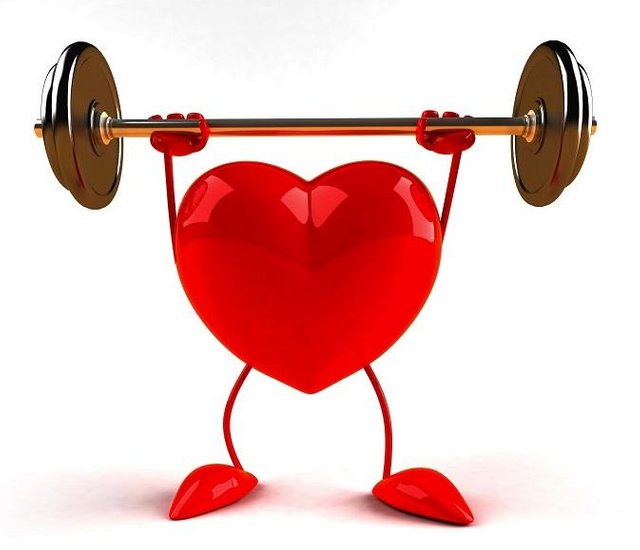Definition of Cardiovascular Fitness

These days, American diets are primarily concerned with weight loss at all costs. Thin is the goal, and it doesn't particularly matter how you get there. Unfortunately, it's still possible to be skinny and unhealthy - fitness isn't simply about the amount of extra weight you're carrying around. Cardiovascular health can be one of the most important aspects of your fitness life, and neglecting it can lead to considerable trouble down the road.
Cardiovascular fitness refers to the strength of your heart, lungs, and circulatory system. A strong cardiovascular system delivers oxygen to your body's tissues efficiently, even under load; poor cardiovascular fitness can lead to getting out of breath easily, dizzy spells, and a general inability to exert yourself. Worse, poor cardiovascular health can lead to damage to your lungs and heart, including the possibility of heart attack. Keeping your internal systems in good shape is even more important than slimming your waistline.
In order to keep good cardiovascular fitness, you simply need to exercise in a way that keeps your heart rate and respiration up. If you're in poor health, you'll want to start slow, with long-duration, low-impact exercises such as walking. For those in better shape, higher-intensity workouts such as jogging or aerobics can produce a better effect.
The key is to raise and maintain your heart rate over a period of time before resting. Repeated exercise will strengthen your cardiovascular system, and you'll find yourself able to exert more and for longer periods of time as you increase your overall health.